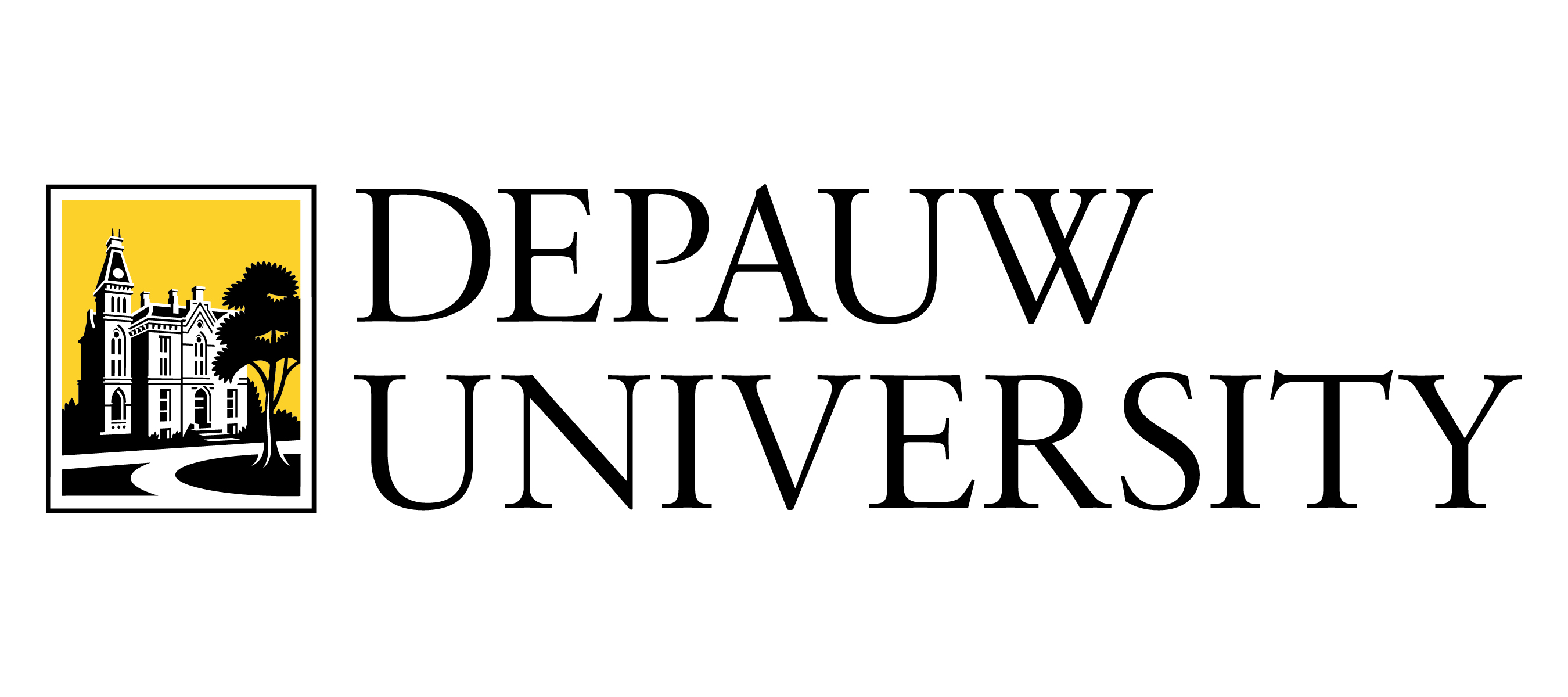Document Type
Syllabus
Publication Date
Spring 2024
Course Description
This course provides a broad survey of Roman history, society, and literature from its ‘foundation’ in the 8th c. BC until the ‘fall’ of the Empire in the 5th c. AD. Rome, Italy, and the Mediterranean world underwent tremendous social, economic, ideological, geographic and technological change over this period of 1200 years, from a few thousand people in clans living in wattle-and-daub huts and worshipping multiple gods, to a vast imperial bureaucracy attuned to a monotheistic religion and encompassing millions of citizens, hundreds of peoples, and a dozen or so languages. The first half of the course engages a historical overview, becoming familiar with major characters, events, and movements during the periods of the Kings, the Republic, and the Empire. The second half of the course explores Roman culture through its literature: bawdy comedies; poetic philosophies about the nature of reality; complex, delicate verse about relationships; epic mythology about Roman origins; historical imperial biography; and early cultural anthropology. Key questions include: who were the Romans? How did they develop their society and expand it across the known western world? How did they organize themselves, how did they think about the world, what mattered to them, and what did they believe? The key skill we will develop is that of reading—carefully and critically, with interpretive attention to text and context: reading the lines themselves, between the lines, behind the lines, and beyond the lines.
Recommended Citation
Foss, Pedar W., "CLST 154A Ancient Roman World Foss Spring 2024" (2024). Course Syllabi. 311, Scholarly and Creative Work from DePauw University.
https://scholarship.depauw.edu/records_syllabi/311



Student Outcomes
The student will be able to: 1) Show a critical and careful reading of primary sources to explain aspects of the ancient Roman world within its socio-cultural context; 2) Integrate an array of sources diverse in nature, genre, period, or perspective to explain how some aspect of Roman society worked, how it changed, what it meant then, and/or what it means now; 3) Demonstrate an appreciation of the limits of evidence and the need to critique received knowledge; 4) Use models of ancient Roman storytelling, rhetoric and inquiry to become more capable, confident, and skilled in reading, reasoning, writing, and speaking.